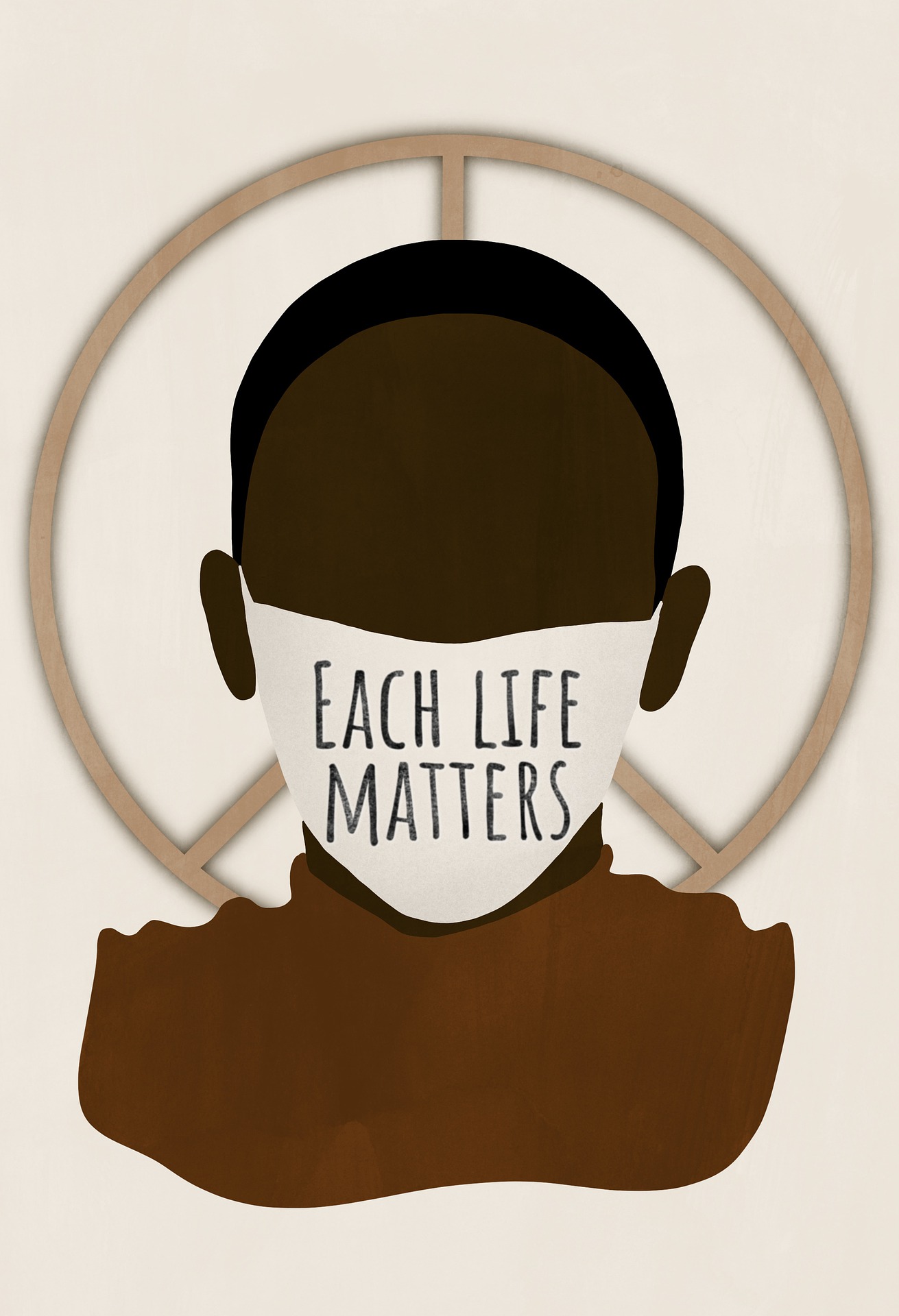A country where it is unsafe to be Black?

From Steven Lawrence to Chris Kaba, headlines about Black people often suggest that Britain is not a safe place to be Black. A cursory glance at the death rates in healthcare suggests that these headlines only highlight the tip of a lethal inequality iceberg that persists in our society.
This raises uncomfortable questions both about why effective action has never been taken to redress this injustice and why Black History Month and other initiatives to educate White people have had such limited impact. Work beginning to decolonise higher education institutions has highlighted how intrinsically the established hierarchy of ethnicity has been woven into the fabric of society. Indeed, the larger the scale we look at, the greater the complexity of the challenge and the inertia to be overcome. At a national level, nothing seems to change. We clearly have a serious social problem on our hands.
What experience and history teach is this — that nations and governments have never learned anything from history, or acted upon any lessons they might have drawn from it.
Johann Wolfgang von Goethe
A number of recent reports have called out racism across a range of sectors, from international aid and education to healthcare and policing. As a society, we all know there is a problem with institutional racism. Since it seems clear that successive governments have been incapable or unwilling to end racial discrimination in this country, it falls to all of us to make it happen.
This means we must all go beyond short-lived demonstrations of goodwill and take consistent, effective, long-term action to drive social change. In organisations, it means individuals drawing attention to the limitations of organisational culture as well as the structures, policies and procedures to which it has given rise that systematically discourage and disadvantage people and then change them in consultation the people affected. In private life, it means calling out injustice and suspected discrimination wherever it is observed – in restaurants, on the street, in government policy or on social media.
Why we urgently need to change Britain
From the Race Relations Act 1968 to the Equality Act 2010, legal protections have had little if any impact on equal opportunities and discrimination and promotion in practice for Black and Asian people. A survey of wage inequality and social mobility in Britain shows that being born Black is likely to seriously damage your education, health, wealth, career, and social standing.
Educational inequality
There is a persistent attainment gap in higher education, with 28.3% fewer Black graduates receiving a first or 2:1 degree classification compared to White British undergraduates.
Employment inequality
- White households are on average wealthier than individuals from any other background living in Britain.
- The pay gap between Black and White people increases with the level of comparable qualifications received, with Black graduates earning 23% less than their White counterparts in 2016.
- Ethnic minorities are less likely to be offered jobs, and are particularly vulnerable to being unfairly screened out of job application processes based on having foreign-sounding names if applications are not anonymised upon receipt and are less likely to be promoted compared to their White counterparts.
Given that poorer people live shorter lives on average compared to affluent people, you can see that the systemic racism forcing Black people and other ethnic minorities into poverty is indirectly shortening their lives.
Disparities in the justice system
Black people are seven times more likely than White people to be stopped and searched in Britain. Black and Asian people are disproportionately frequently stopped and searched for drugs, are subject to more frequent prosecution and typically receive longer sentences than White people for the same crimes.
Healthcare inequality
Black people receive much worse healthcare than White people. Enduring widespread ethnic inequalities across a range of health services from midwifery to mental healthcare have persisted despite widespread awareness of the evidence that they are causing widespread harm. Take maternity care for instance. Black women are four times more likely than White women to die in pregnancy or childbirth, while Asian women are twice as likely to die. Shocking, isn’t it? Racism can and frequently does kill on a regular basis.
I’m White. Why should I care?
Apart from the moral imperative to support natural justice and end oppression? Have you ever heard the old adage “What is good for the goose is good for the gander”? History shows us over and again that when discrimination is tolerated against one group, it becomes normalised and spreads over time to others, until everyone not in the ruling clique is oppressed.
First they came for the Communists
Pastor Martin Niemöller
And I did not speak out
Because I was not a Communist.
Then they came for the Socialists
And I did not speak out
Because I was not a Socialist.
Then they came for the trade unionists
And I did not speak out
Because I was not a trade unionist.
Then they came for the Jews
And I did not speak out
Because I was not a Jew.
Then they came for me
And there was no one left
To speak out for me.
Anyone not actively campaigning for radical change is tacitly supporting the status quo, which means the perpetuation of a hierarchy in Britain of safety, opportunity, affluence, influence, freedom, and respect assigned at birth based on the colour of your skin. This threatens us all in time but our Black and Asian countrymen are already long overdue for a serious social change.
In the next and final Black History Month blog post, I will be sharing four simple steps that you can take to begin to become the change we all need to see.




Leave a Comment (note: all comments are moderated)